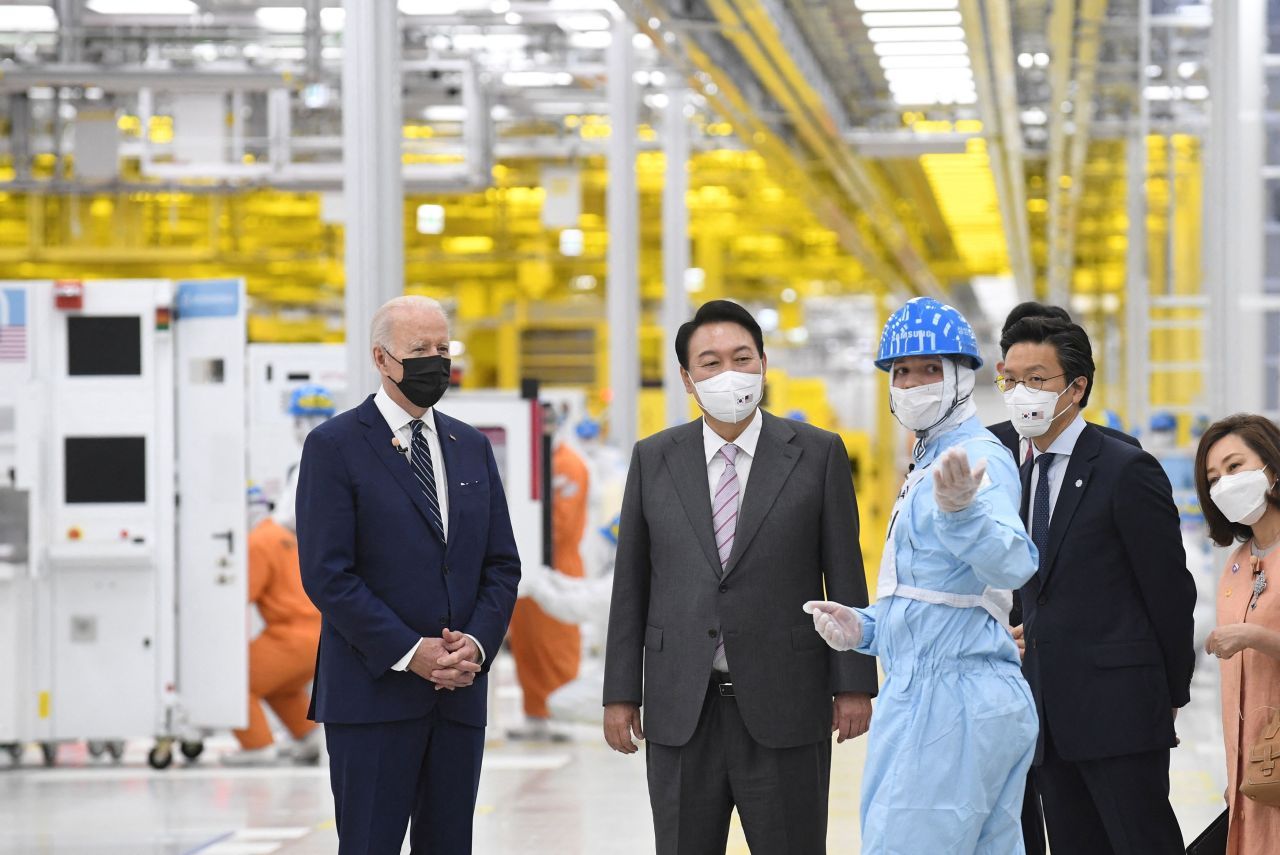
South Korea’s ruling party introduced a bill on Monday to provide subsidies and lift restrictions on working hours for chipmakers, aiming to counter potential risks tied to measures proposed by incoming U.S. President Donald Trump. As Trump’s administration considers imposing tariffs on Chinese imports, South Korean chip manufacturers, vital to the nation’s economy, face a possible competitive disadvantage. Semiconductors represent 16% of South Korea’s total exports, underscoring their importance to Asia’s fourth-largest economy.
President Yoon Suk Yeol cautioned last week about the potential fallout of steep tariffs on Chinese goods, which could lead Chinese competitors to slash export prices, undercutting South Korean companies like Samsung Electronics and SK Hynix in global markets. This proposed legislation arrives as major Korean chipmakers prepare to confront heightened competition from manufacturers in Taiwan and China, where the semiconductor industry is bolstered by government subsidies.
The ruling party’s bill, championed by legislator Lee Chul-gyu, would allow South Korean chip companies to expand production capabilities and mitigate challenges amid an escalating semiconductor trade conflict between China and the U.S. Lee emphasized the necessity of such support, given that countries like China, Japan, Taiwan, and the U.S. are already offering subsidies to their domestic manufacturers.
Shares in Samsung and SK Hynix saw declines on Tuesday, driven by worries about Trump’s potential tariffs and U.S. restrictions on artificial intelligence (AI) chip sales to China. Trump has threatened to eliminate federal subsidies for foreign chipmakers, such as South Korea’s Samsung and Taiwan’s TSMC, in favor of tariff measures aimed at bolstering domestic production.
The new bill proposes easing South Korea’s 52-hour weekly working limit for some research and development personnel within the semiconductor sector, allowing extended hours for projects critical to sustaining competitive advantage. However, Samsung’s labor union opposed the measure, attributing company difficulties to management issues rather than labor restrictions.
The proposed legislation faces obstacles, as South Korea’s liberal opposition party, which controls the parliamentary majority, could resist the changes. Analyst Greg Noh from Hyundai Motor Securities highlighted this potential barrier to the bill’s progress.
Samsung has faced recent challenges, including a weaker profit performance relative to rivals like TSMC and SK Hynix amid a surge in demand for AI chips. In a recent apology, the company acknowledged its lag in capitalizing on the AI boom. Meanwhile, Trump’s focus on reshaping U.S. semiconductor policy signals potential challenges ahead for foreign chipmakers operating in the American market.
Featured image courtesy of THE INVESTOR
Follow us for more updates on global tech trade impacts.
